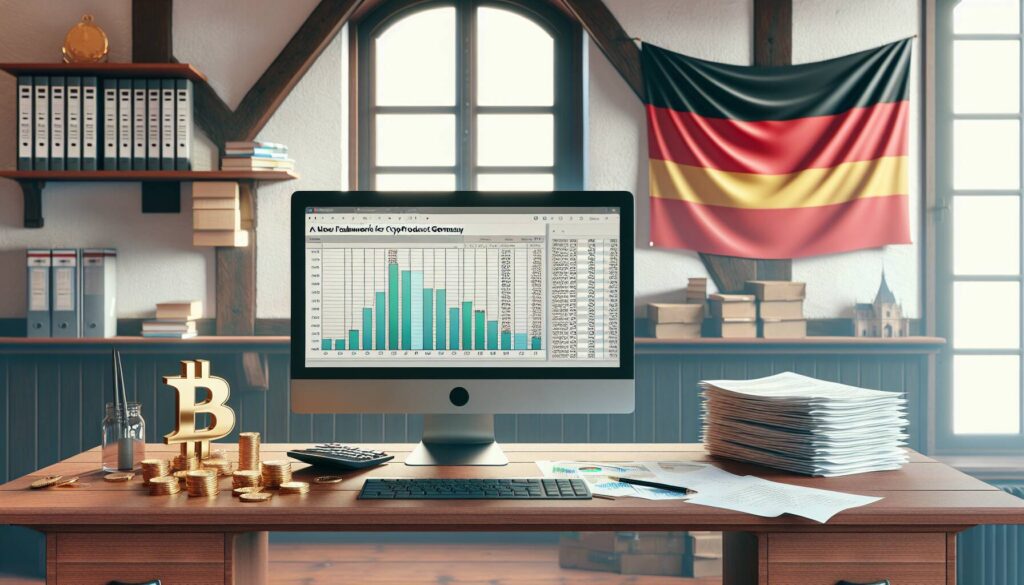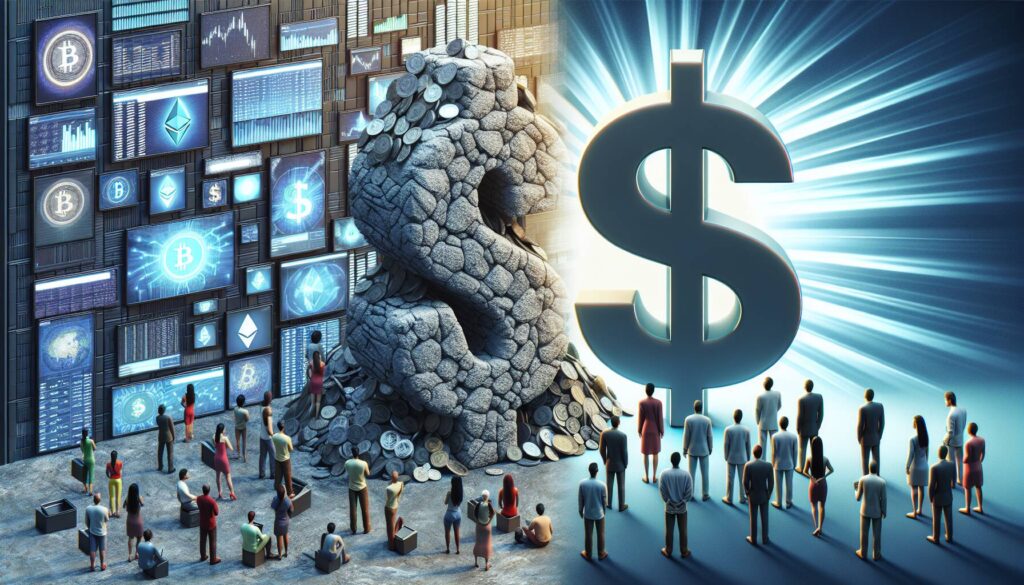In a significant legal development for the South Korean cryptocurrency exchange Coinone, a recent court ruling has mandated that five users return Bitcoin (BTC) that they double withdrew due to a system glitch dating back to 2018. The Seoul Western District Court’s decision highlights issues surrounding “unjust enrichment,” concluding that these users improperly benefited from a technical error on the exchange’s part.
The situation arose when Coinone’s software misinterpreted network delays as failed transactions during a particularly congested period in the Bitcoin network. This led to the exchange mistakenly topping up user accounts even after their initial withdrawals had already been completed on-chain. As a result, these traders were able to withdraw the same Bitcoin coins twice, taking advantage of the glitch.
“The judges ruled that the network delay was an external factor and that Coinone should not bear the financial loss,”
noted local media reports. The Bitcoin network was grappling with unprecedented congestion around the same time, culminating in transaction fees reaching record highs and a backlog of unconfirmed transactions. Coinone initially had a lower court rule in its favor but was only partially compensated for its losses due to perceived server faults.
This ruling is not the first time Coinone has found itself in hot water. Earlier this year, former employees revealed that the company had received significant sums to secure token listings, stirring further controversy. As the cryptocurrency industry continues to evolve, such legal challenges might set important precedents for how exchanges handle technical malfunctions and customer withdrawals in the future.

Coinone Bitcoin Withdrawal Ruling
Key points regarding the Coinone court ruling and its implications:
- Coinone’s Appeal Victory: The Seoul Western District Court ruled that five customers must return bitcoin they double withdrew due to a system glitch.
- Unjust Enrichment: The court determined that the customers gained from “unjust enrichment” as they benefited from withdrawals processed before the error was corrected.
- Server Glitch Explanation: Coinone’s software mistakenly flagged transactions as failed due to slow Bitcoin network confirmations, prompting account replenishments.
- Bitcoin Network Congestion: The incident occurred during a period of significant congestion in the Bitcoin network, with transaction fees reaching record highs.
- Initial Lower Court Ruling: A previous decision held Coinone partially responsible but was overturned, placing blame on external factors affecting the network.
- Historical Context: The glitch took place amidst broader discussions in the crypto community about scaling, highlighted by the Bitcoin Cash hard fork.
- Potential Customer Impact: This ruling can influence user trust and expectations from crypto exchanges regarding transaction management and error resolution.
Coinone’s Appeal Victory: A Case of Unjust Enrichment
In a recent development within the cryptocurrency industry, Coinone’s successful appeal regarding the double withdrawal issue has drawn attention not only to its operations but also to the broader implications for crypto exchanges. The court’s ruling emphasized that the traders involved gained from what the court defined as “unjust enrichment.” This sets a precedent within the industry, indicating that users of exchanges must also bear responsibility in situations of operational errors.
Competitive Advantages: Coinone’s victory represents a significant win for the exchange, reinforcing the notion that platforms can protect themselves from liabilities stemming from technical glitches and external network issues. This affirms Coinone’s position as a responsible entity amid criticism, fostering trust among other crypto users and investors wary of exchange mishaps. Moreover, Coinone’s recent legal victories could serve as a deterrent for potential fraudulent behavior by users, as they see that the courts may rule in favor of the company in similar scenarios.
Disadvantages: On the flip side, this ruling could lead to a chilling effect on users’ confidence in their rights when using platforms. If users feel that exchanges can absolve themselves of all responsibility in the event of operational issues, it may discourage participation among nuanced traders who are wary about their financial safety. Furthermore, this incident will likely cause exchanges to scrutinize their customer service practices and withdrawal protocols even more closely, potentially leading to more stringent withdrawal policies that may inconvenience users.
Who Benefits or Faces Challenges: This ruling could benefit conservative investors and high-volume traders who prioritize exchange reliability and a secure trading environment. However, novice traders or those reliant on rapid transaction capabilities might find it problematic, as this judgment could lead to increasingly cautious policies from exchanges, ultimately affecting their trading experience. Additionally, exchanges may impose more rigorous KYC (Know Your Customer) and withdrawal checks, further complicating the process for everyday users.
















